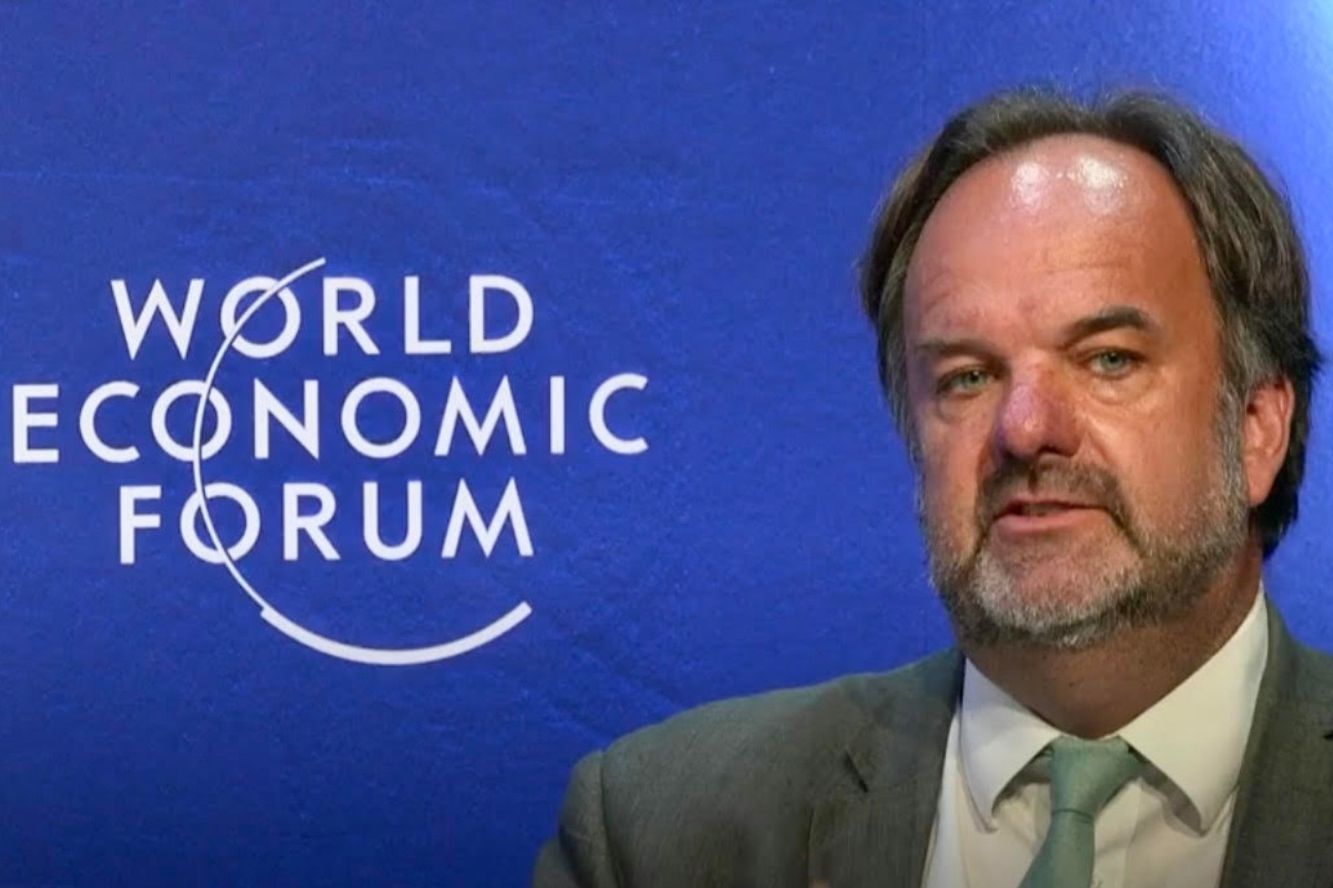WEF's Global Future Council on Human Rights, co-chaired by IHRB's John Morrison, launches a Guidance Note for Boards and a supporting report on company boards' duties in ensuring company engagement with affected stakeholders at Davos 2022.
Speaking alongside Yuliia Svyrydenko (First Deputy Prime Minister, Minister of Economy of Ukraine); Eric Cantor (Vice Chair and Managing Director, Moelis), Ann Wagner (US Congresswoman) and Adam Tooze (Author), during a panel on 'Economic Weaponry: Uses and Effectiveness of Sanctions', John Morrison brings a human rights lens to the conversation, commenting that business (and governments) must:
-
Be really precise: "State the objectives, whether you're a government or a business as to why you are disengaging from the Russian markets, cite your rationale within international law, human rights corruption – be very clear about why you are doing it."
-
Measure and evaluate: "Beware of unintended consequences. How do we know in the medium to long term that the path we're walking down is actually having the purpose we intended? Magnitsky allows us to measure the consequences in the terms of specific individuals. [With] broad based sanctions, you're measuring the impact on a whole population."
-
Center the impact on the human beings: "If you're withdrawing from the Russian market to make sure you are doing so responsibly, responsible exit is and responsible entry are key factors here in the discussion, cutting and running, leaving staff and others in harm's way is no way to behave. So responsibility comes, whatever your decision."



